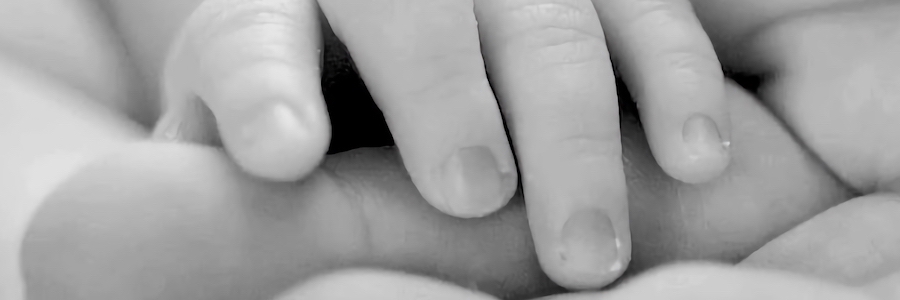About the NICU Therapy Lab
In the NICU Therapy Lab, we seek to better understand the impact of the environment, medical conditions, and interventions on brain structure and functional outcome of the developing infant. Most of the current work involves premature infants born prior to 32 weeks gestation and who are hospitalized in the NICU. Short term and long term outcome measures are used that include infant neurobehavioral assessments and feeding evaluations, in addition to maternal, social and environmental assessments. The NICU Therapy Lab also conducts research centered around engaging parents, accessing early intervention services, developing assessment tools, and innovating new technologies and interventions to optimize outcomes. The parental role, early occupations, and the NICU environment are central themes in the NICU Therapy Lab.
Recent developments from the NICU Therapy Lab include:
- The development of the Neonatal Eating Outcome Assessment: a standardized assessment that can be used from the time that feeding is initiated through the neonatal period in order to delineate alterations in the infant’s feeding trajectory. This tool is now available “at cost” to clinicians and researchers.
- The development and implementation of the Supporting and Enhancing NICU Sensory Experiences (SENSE®) program: a comprehensive approach to ensuring multi-modal positive sensory exposures across hospitalization for high-risk infants in the NICU. This program is available “at cost” to clinicians, and approximately 300 hospitals in the US and abroad have already implemented it or are working toward implementation in order to optimize the early environment to support optimal outcomes.
- The development and implementation of the Baby Bridge program: a program designed to address gaps in services and challenges associated with the transition from NICU to home and to ensure timely therapy services following NICU discharge. This program ensures continuity of services from NICU to home and focuses on access to therapy services to improve outcomes.
The NICU Therapy Lab is led by Dr. Bobbi Pineda PhD, OTR/L, who has been conducting clinical research in the NICU for more than 12 years. In addition to being an inventor and scientist, Dr. Pineda also has expertise in early neurobehavioral assessment and is a trainer for the NICU Network Neurobehavioral Assessment Scale. She has also led the development and implementation of a certification program for neonatal therapists and has functioned as co-chair for the Neonatal Therapy National Certification program since 2014.
The NICU Therapy Lab had its beginnings at Washington University in 2007, where students and a multidisciplinary team of scientists focused on moving science related to high risk infants forward. In 2020, the NICU Therapy Lab transitioned to University of Southern California, where a team that includes graduate and PhD students continue the mission of improving the understanding of optimal care of the high risk infant in the NICU.




